Have you ever looked at the night sky and felt utterly mesmerized by the twinkling stars above? There's something genuinely magical about stargazing—it connects us to the vastness of the universe and offers a rare moment of peace in our fast-paced world.
If you're a night sky enthusiast or just someone looking for a breathtaking experience, you're in for a treat. From remote deserts to high-altitude observatories, there are nine spectacular stargazing spots worldwide where the stars shine the brightest.
Sitting 13,796 feet above sea level, Mauna Kea is one of the world’s premier stargazing locations. Thanks to its high altitude, dry climate, and minimal light pollution, it offers an unparalleled view of the cosmos.
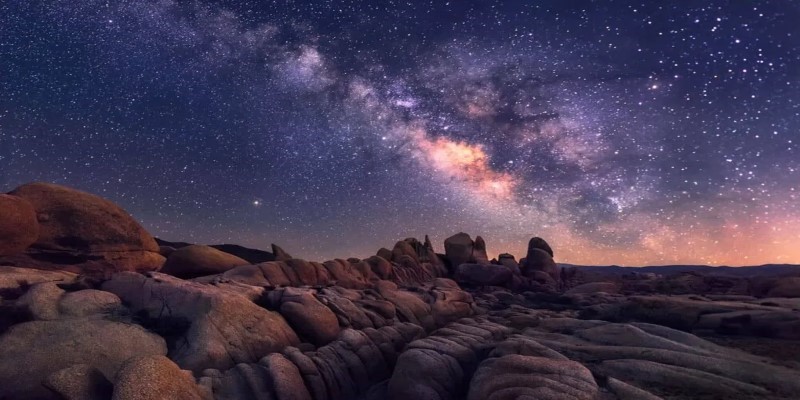
Home to world-class observatories
Crystal-clear skies for viewing planets, nebulae, and distant galaxies
The summit is above the clouds, offering a stunning celestial display
If you’re not an astronomer with access to the observatories, don’t worry! Head to the Mauna Kea Visitor Information Station at 9,200 feet, where you can still get an incredible view.
The Atacama Desert is often described as Mars on Earth, and for good reason. With one of the driest climates in the world, this region experiences little to no atmospheric interference, making it a stargazing paradise.
Home to the ALMA Observatory, the largest radio telescope on Earth
Exceptionally dark skies, perfect for astrophotography
Ideal for seeing constellations from both the Northern and Southern Hemispheres
April to September, when the skies are the clearest.
Nestled in the Canadian Rockies, Jasper National Park is one of the world's most enormous dark sky preserves. Here, the Milky Way stretches across the sky like a glowing river, and you might even glimpse the Northern Lights!
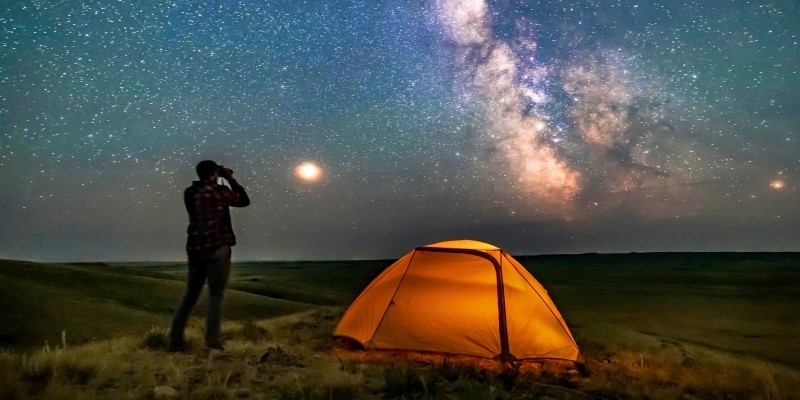
Designated a Dark Sky Preserve, meaning minimal artificial light
Offers guided night sky tours and planetarium experiences
Stunning mountain backdrop enhances the celestial beauty
The Jasper Dark Sky Festival in October is a must-visit for stargazing enthusiasts.
New Zealand is famous for its stunning landscapes; the skies above are just as spectacular. Aoraki Mackenzie is an International Dark Sky Reserve offering crystal-clear views of constellations, planets, and the Southern Cross.
Recognized as one of the world’s best dark sky reserves
Home to Mount John Observatory, where you can view the stars through powerful telescopes
Ideal for seeing the Magellanic Clouds—two dwarf galaxies visible only in the Southern Hemisphere
The nearby town of Tekapo has special streetlights designed to reduce light pollution!
The Australian Outback is famous for its dramatic landscapes, but the night sky here is equally breathtaking. Away from the city lights, Uluru provides one of the most spectacular stargazing experiences on the planet.
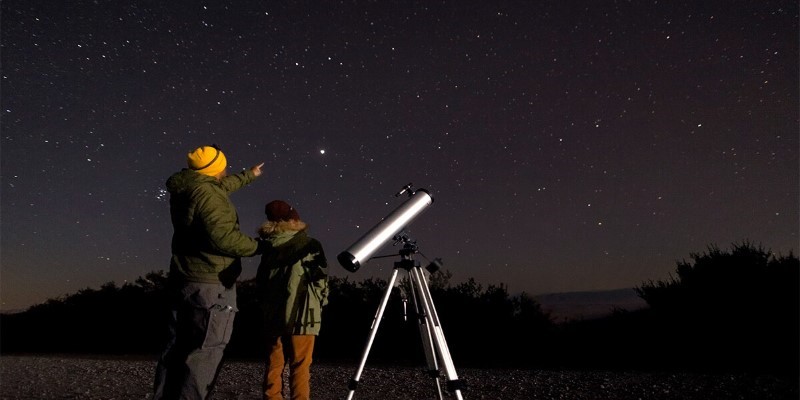
Wide-open skies with almost zero light pollution
Clear views of the Milky Way, the Southern Cross, and shooting stars
Unique cultural significance—Indigenous Anangu people have star stories dating back thousands of years
Take a guided Sounds of Silence dinner tour to enjoy a gourmet meal under the stars.
If you want to see stars in one of the most remote places on Earth, the Namib Desert should be on your list. It’s home to some of the darkest skies in the world, making it perfect for deep-space observation.
There is almost no light pollution for hundreds of miles
Perfect place to see the Zodiacal Light—a rare glow caused by interplanetary dust
Spectacular contrast between the golden dunes and the star-filled sky
Sossusvlei and NamibRand Nature Reserve are the best locations for an unforgettable night.
Tenerife isn’t just about beautiful beaches—it’s also one of the top stargazing destinations in Europe. The island’s high-altitude location and strict light pollution laws create a night sky that looks like something out of a dream.
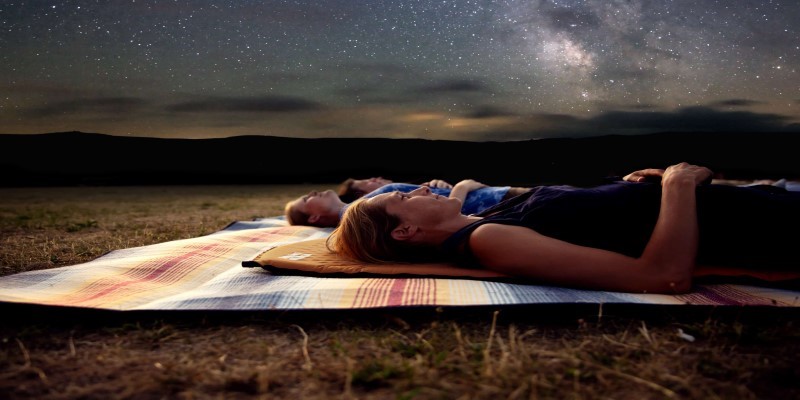
Home to Teide Observatory, one of the most important astronomical sites in the world
Perfect for seeing meteor showers, star clusters, and even distant galaxies
Incredible views from Mount Teide, Spain’s highest peak
Plan your trip during a new moon for the clearest skies.
This hidden gem in the Appalachian Mountains is one of the best dark sky parks in the U.S. It's a favourite among amateur astronomers who want a close-up view of celestial wonders without travelling too far from home.
Designated a Gold-Tier Dark Sky Park by the International Dark-Sky Association
Offers 360-degree views of the Milky Way
Frequent sightings of meteor showers and even the occasional aurora
Bring a telescope or join one of the park’s guided astronomy programs for an even better experience.
Imagine standing in the shadow of Mount Everest while looking up at a sky filled with millions of stars. That's precisely what you get at Sagarmatha National Park. This high-altitude location offers some of the clearest night skies on Earth.
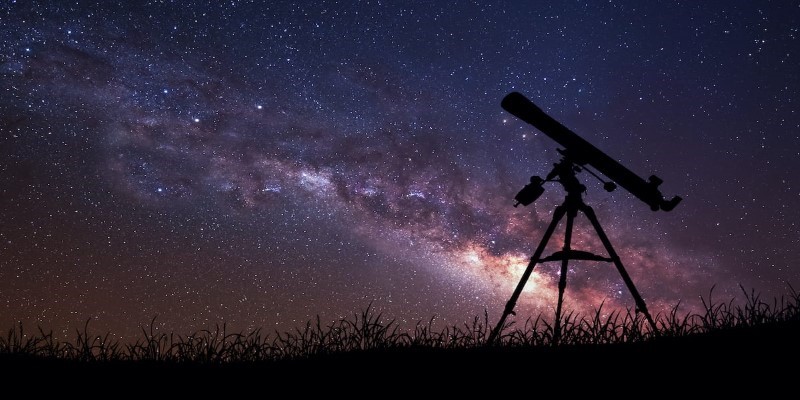
Minimal light pollution at an altitude of over 11,000 feet
Stunning views of the Milky Way with the Himalayas as a backdrop
Perfect for astrophotography and seeing distant star clusters
October to November and March to May, when the skies are most apparent.
Whether you're gazing at the stars from a tropical volcano, a remote desert, or the world's highest peaks, each location offers something truly special. Stargazing is more than just a visual experience—a moment of awe, wonder, and deep connection with the universe.
So grab a blanket, find a dark spot, and let the stars take your breath away. Happy stargazing!